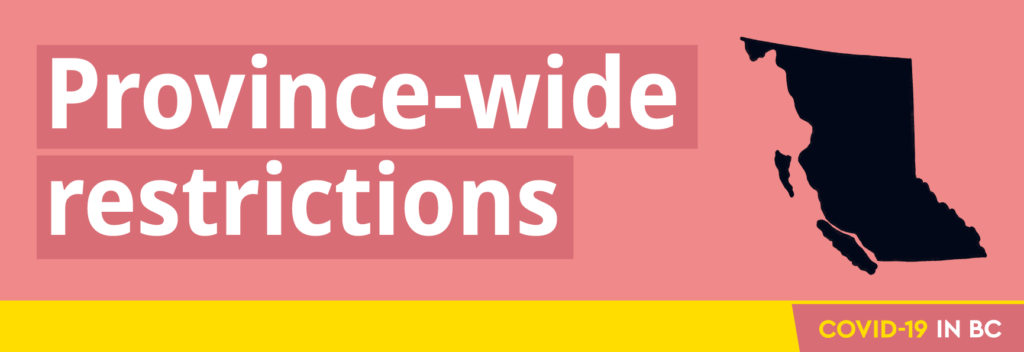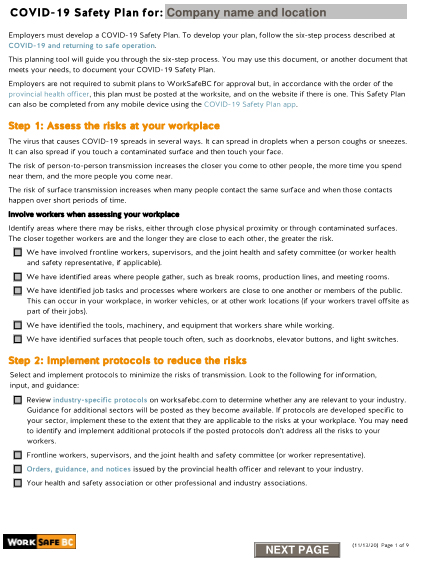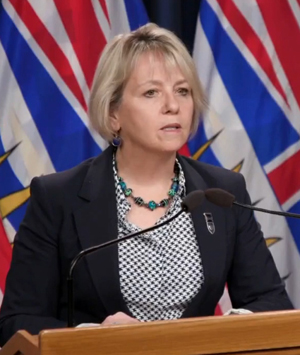
Thursday November 19, 2020 | VICTORIA, BC [Updated 2 pm November 20, 2020] & [BC CDC Data Correction added November 25, 2020]
Editorial analysis by Mary P Brooke, B.Sc., editor | Island Social Trends
Today Dr Bonnie Henry finally lowered the boom that many people and communities had actually been asking for over the past few weeks in particular, but generally over the past few months as well.
As Provincial Health Officer she issued new orders — in place to midnight on Monday December 7 — that restrict all non-essential travel in the province. People should not be travelling to other parts of the province or participate in other holiday activities.
After this new 14-day incubation observation period, the orders could be extended past that if case numbers continue to rage out of control.
“The main focus of these measures is to reduce our social interactions,,” Dr Henry said today. That’s to “prevent those situations where we are seeing transmission to large groups of people who have social interactions whether that’s at home, in community or workplaces”.
Case counts are increasing rapidly, with another 538 new cases today. Now 6,929 cases are active, with 217 people in hospital (59 in ICU). The BC-wide case total is now 24,960 (of those, 429 cases are on Vancouver Island).
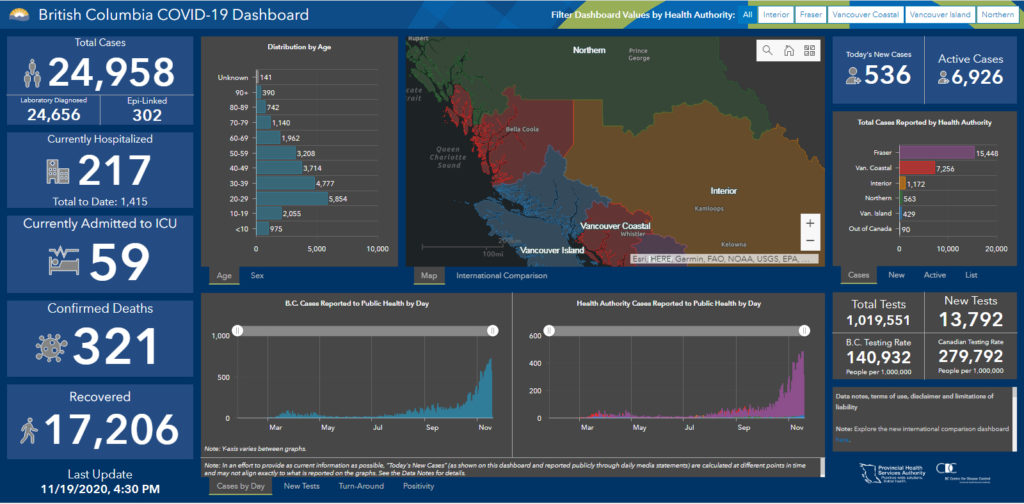
[Update November 25, 2020: Dr Henry announced a data correction in Fraser Health Region numbers — due to an error in data transfer from lab to health authority — which changes the daily count for November 17 to 24. For November 19 the correct day’s COVID total for all of BC was 765. For November 20 the correct new case-count total is now 639, for November 21 the correct total new-case count is now 835, for November 22 it is 791, and for November 23 it’s 772.]
The orders:
“So our orders are to socialize only with those in your immediate household and to delay in inviting over friends and family for social visits for the next two weeks,” said Dr Henry today. That includes social interactions outside of homes, particularly in indoor spaces. This applies to the entire province.
All community-based social gatherings and events (as defined under the BC PHO’s events and mass gathering order) are suspended, including those with less than 50 people people in controlled settings — for the next two weeks.
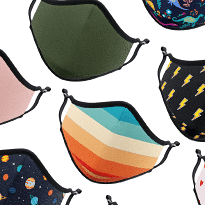
This includes places of worship “while our rates of transmission are so high,” she said, adding that there is transmission “even with appropriate measures in place” in those types of locations.
Also, in BC it is now mandatory to wear a mask in public indoor and retail spaces. This order applies to customers and employees. If you are working alone in an office or suitably spaced in an office, then you don’t need to wear a mask while working at your own desk.
Not applicable to businesses or essential services:
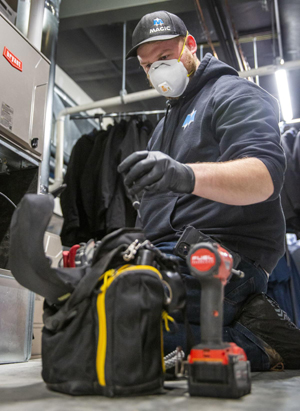
This order is not applicable to businesses and support group settings (including child care and after-school settings). Visiting families-in-need in homes is unaffected by this order, as are essential visits into homes for repair and maintenance services.
The order is about social visits and gatherings that we have in our homes and other indoor places. It is okay to go for a walk outside with a friend, it’s okay that your grandparents pick up the kids at school.
Curtail unnecessary or non-essential travel. Stay as much as possible within your local area community for the next two weeks. Suspend and postpone recreational and social travel.
Protecting hospitals, schools and businesses:
There has been spillover into businesses and health-care from transmission at social events.
The order is about limiting social interactions — recreational, social and travel — as a way to protect hospitals (so they are able to function effectively in terms of resources and personnel) and to keep schools and businesses open.
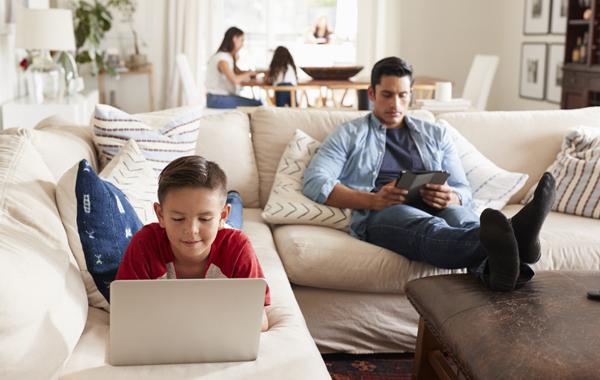
All events and gatherings must be postponed. British Columbians are to stay in their communities and spend time with their immediate household or pandemic bubble.
Adjustments within businesses:
Businesses are to review and upgrade their COVID-19 safety plans as required, and follow the plans diligently. Some measures that have been put in place have “slipped” said Dr Henry today. People are calling it COVID-fatigue and it’s real. We’re all getting tired of adhering to restrictions that impede normal social interactions.
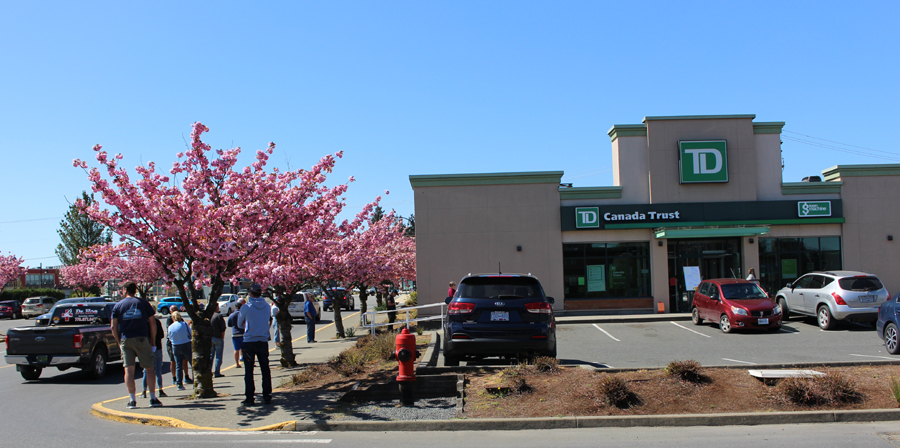
Public health has seen COVID clusters happen from within car dealerships, grocery stores, banks and many other locations where people go about their daily business. “But it has not been about the public interacting with workers,” says Dr Henry about the source of spread. “It’s been about workers in downtime periods such as having lunch together or carpooling,”‘ she said today.
Regional approach still in play:
Enforcement is being stepped up with today’s order, especially in the Fraser Health area. But cases have been increasing across the province.
Today Health Minister Adrian Dix said that “all these steps need to be taken everywhere”. The orders “extend to the whole province”.
Vancouver Island profile:
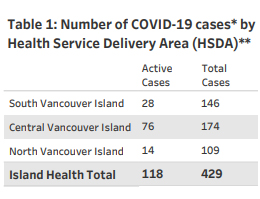
Today’s case count on Vancouver Island is 429 in total (12 new cases, seen across most age groups) of which 118 are active (28 south, 76 central, 14 north). There are three people in hospital in Island Health (one in ICU).
Today’s 12 new cases on Vancouver Island were found from doing 1,374 tests, which is a positivity rate of less than one percent.
There are now seven exposures in schools on Vancouver Island (in Nanaimo, Ladysmith, Port Alberni and Victoria).
Going province-wide:
This province-wide order is a step up from what has already been in place for the two health regions (Vancouver Coastal, and Fraser Health) since November 7 where most of the cases have been happening in the “second surge” as Dr Henry now calls it.
That order for the lower mainland was originally going to be in place to November 23, but now that is extended to midnight December 7 and the rest of the province along with it as a way to prevent spread by way of travel between hot-zones and areas that (until now) have been less impacted by the wily virus.
“It’s a virus”:
Maybe not everyone has studied viruses in science class, so it’s doubtful as to the effective impact of simply saying “it’s a virus” (as if everyone really grasps the implications of that). The SARS-CoV-2 (aka COVID-19) is not just some some flu bug. This virulent enemy has a much higher level of ferocity. It’s something of a ‘super virus’, if you will, set to kill.
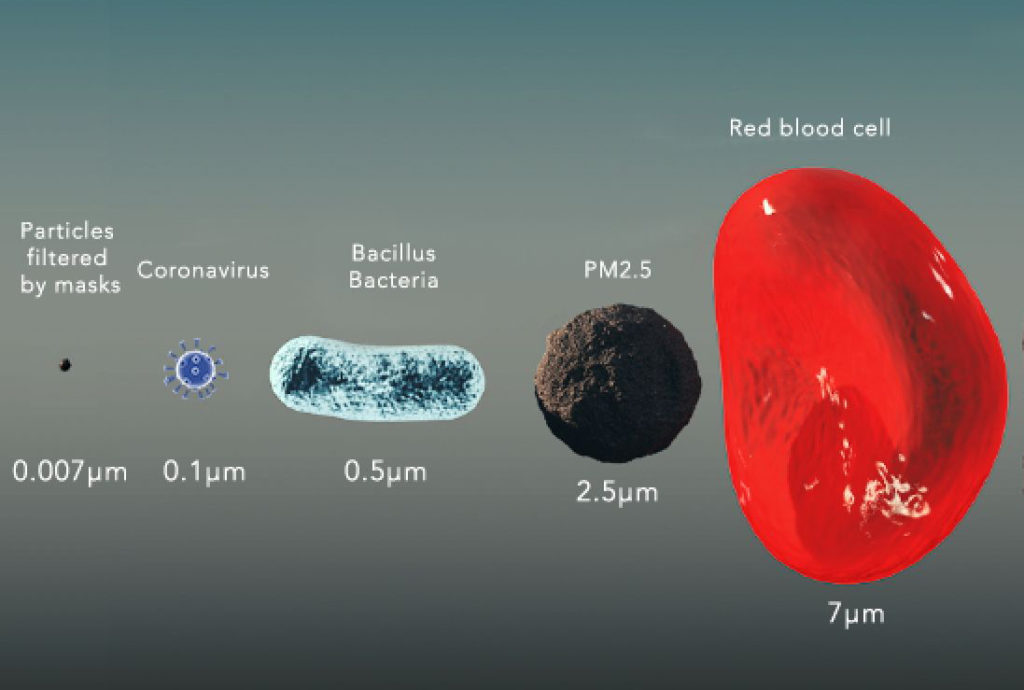
Technically speaking, in biological terms a virus is not a living thing. It acts more like a machine. As it’s purpose, it simply seeks a host (humans) by which to maintain and secure its existence.
the COVID virus with its trademark spikes is extremely small, even smaller than most bacteria, and significantly smaller than human red blood cells. That’s why medical-grade (N-95 masks) are required for the protection of health-care workers, and why in our everyday lives we’re now advised to wear masks that have three layers. | Dr Henry’s op-ed on wearing masks during the COVID-19 pandemic
Infection by virus:
- A virus particle attaches to a host cell.
- The particle releases its genetic instructions into the host cell.
- The injected genetic material recruits the host cell’s enzymes.
- The enzymes make parts for more new virus particles.
- The new particles assemble the parts into new viruses.
- The new particles break free from the host cell.
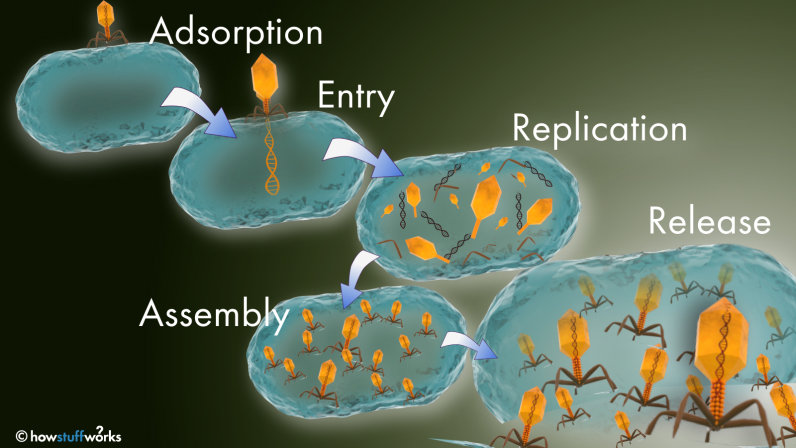
All viruses have some type of protein on the outside coat or envelope that “feels” or “recognizes” the proper host cell(s). This protein attaches the virus to the membrane of the host cell. Some enveloped viruses can dissolve right through the cell membrane of the host because both the virus envelope and the cell membrane are made of lipids.
Those viruses that do not enter the cell must inject their contents (genetic instructions, enzymes) into the host cell. Those viruses that dissolve into a cell simply release their contents once inside the host. In either case, the results are the same.
COVID is more virulent, a wartime analogy:
Dr Henry said today that the COVID virus is more difficult to control in these colder months of the year, particularly during indoor activities.
As explored at nature.com, viruses are non-living (according to a stringent definition of life): they do not have metabolic processes — they cannot produce ATP (energy) and cannot replicate on their own. Further musings: “Because of the great diversity among viruses, biologists have struggled with how to classify these entities and how to relate them to the conventional tree of life. They may represent genetic elements that gained the ability to move between cells. They may represent previously free-living organisms that became parasites. They may be the precursors of life as we know it.”
This virus has not “gone back into nature” as Dr Henry, earlier this year, said she hoped it would. The H1N1 virus of 2009 caused a pandemic, but nothing like this; while it is still circulating (with annual flu vaccines taking a swipe at it) it is essentially ‘back in nature’ and never really took to overriding our daily lives the way COVID-19 is doing.
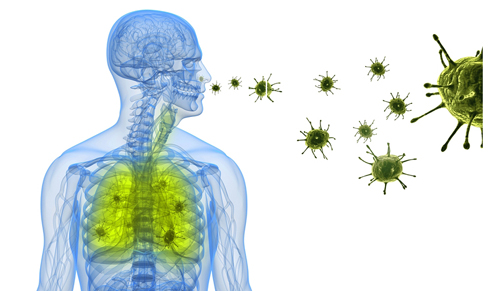
Within a wartime metaphor comparing the SARS-CoV-2 virus (aka COVID-19) to bullets is not unreasonable. The bullets are no longer just outside our door, but actually have the most impact inside our homes, where are guard is down (we’re generally not wearing masks or keeping physical distance in our homes).
Our closest family members and friends become — by way of COVID — our greatest source of threat. The practical and psychological impacts of that are sinking in. The post-traumatic stress disorder (PTSD) produced as a result of this pandemic will be far-reaching on socioeconomic, personal and family levels, for years to come.
The wartime analogy is further applied in the aspect of rallying together all resources — whatever it takes — to overcome the invader.
The rallying call:
“While we may feel frustrated or disheartened, we must remember that we flattened our curve before and we can again,” said Dr Henry today. “Our individual actions do make a difference and our public health teams are here to support us in our efforts.”
“Our focus is to slow the spread over the next one to two incubation periods and protect those who are most at risk.”
The incubation period for COVID-19 is said to be 14 days.
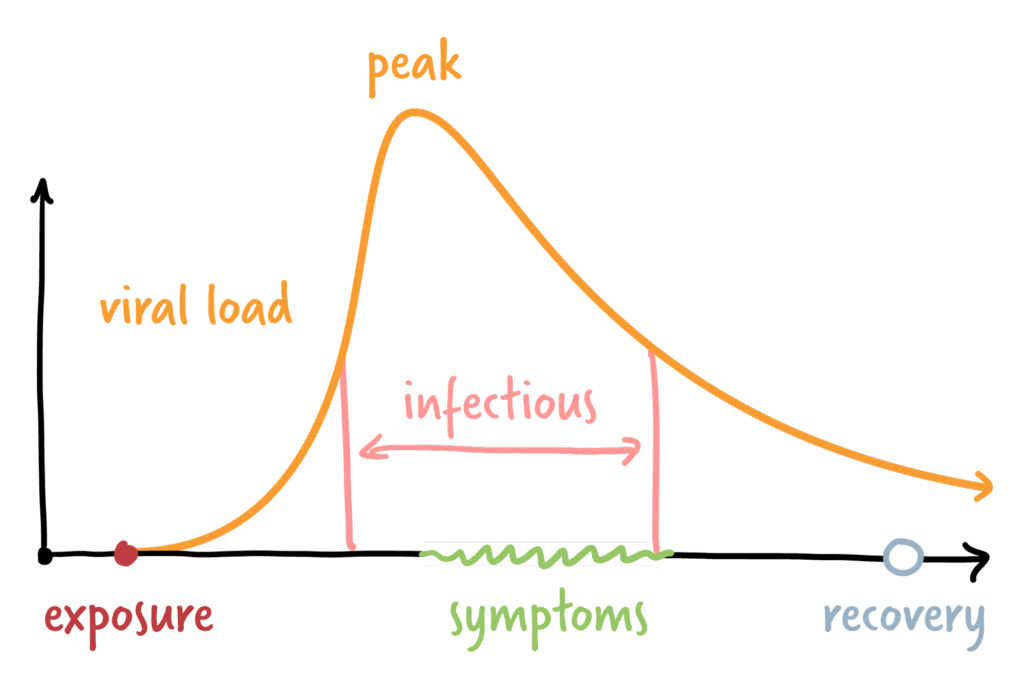
Transmission seen indoors:
“We are now expanding and amending these provincial health officer orders across the province [see the government webpage about this new order]. As was the case for the previous regional orders, the new province-wide orders focus on three areas: social gatherings, workplaces and group physical activities.
Rapid transmission is being attributed to social interactions, in certain workplaces and in higher-risk indoor settings, like group fitness activities. Businesses, recreation centres or other venues that organize or operate indoor group spin classes, hot yoga and high-intensity interval training will stop for the fall and winter.
Sports activities:
Sports activities can continue, but there is to be no travel outside of communities for games or competitions, and no spectators are allowed. League organizers should continue planning for 2021 with today’s modifications in mind.
Today Dr Henry said the focus needs to be on youth in particular having an opportunity for physical activity, without the clusters of adults socializing before, during and after the games or training (as that’s where transmission has been occuring).
Most businesses can remain open:
Restaurants and bars are not affected by today’s orders, it was noted by the BC Restaurant and Foodservices Association. In fact, other than some specific indoor group fitness activities, pretty much all businesses can continue if they have strong COVID-safe plans in place.
Plans need to be prominently posted, and will no longer require sign-off by the regional Medical Health Officer. But active inspections will be increased across the province “to support comprehensive workplace COVID-19 safety plans”.
Businesses that do not comply will be subject to fines and/or ordered to close, Dr Henry said today. She said that environmental health officers will focus on workplaces in the Vancouver Coastal and Fraser Health regions to ensure full compliance and enable rapid response and action.
Today Dr Henry said that people should return to working from home (as they did in the spring) and that businesses should not be pushing workers to be back in shared centralized workspaces.
Slow in coming, grinding impact:
This order is having a psychological impact on businesses that have made significant investments in trying to keep their businesses afloat and on people in regions that have worked hard to keep the curve flattened, such as here on Vancouver Island.
For months, there has been public opinion — documented and brought forward by the media province-wide — that there was pressure much sooner than this to clamp down on the wearing of masks being mandatory in all public indoor spaces (which is finally now is) and to restrict travel.
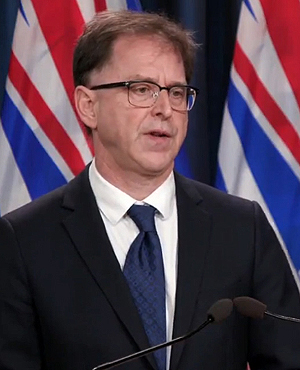
While these changes have finally come, there’s a sense they have been too slow in coming. After the veritable lockdown that was Phase 1 (from declaration of the pandemic on March 17 through most of May), the easing of things toward some kind of normal through summer and into September gave people a chance to restore their lives. Being directed back into our homes and putting more pressure on businesses is being met quite understandably now with resistance.
The government has also been slow in achieving effective results in providing their COVID-safe messaging in large communities where cultural norms are based on large families, as seen in the Fraser Health region. Simply translating brochures or posters into other languages has been inadequate to convey the importance of physical distancing and keeping social gatherings small. Today Dr Henry said that for some families in the southeast Asian community, for example, it is normal to socialize in family groupings of even 200 to 300.
But the effort is strong on the contact tracing side. Government has recently approved increases to several health authorities, bringing the total number to be hired to over 950 positions (since the program to hire more contract tracers was first announced in August by Premier Horgan).
Life goes on:
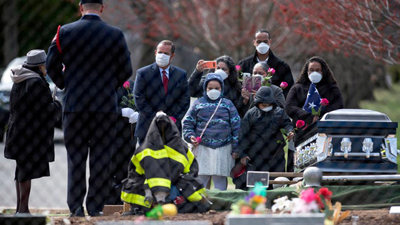
There will still be births, marriages and deaths. Today Dr Henry said that baptisms, weddings and funerals can still include gatherings but they must be small (maximum of 10 people), and with no receptions afterward.
All other aspects of life go on as well, and the pent-up frustrations of people to be able to go about their daily lives will take a toll one way or another — whether’s it’s financial impacts, social interruptions, educational impacts, or any other range of real or perceived losses.
Life-energy flows. When it’s bottled up or contorted, there are consequences. Government is well aware of this as it addresses the mounting impacts and problems of impacts on businesses and workers. Support around the mental health impacts of the pandemic have been in place by the BC and federal governments since early-on in the pandemic.
How we get through Christmas:

How British Columbians get through the year-end season of long dark nights and a return of the light following the December 21 winter solstice is bolstered during COVID-19 by placing our hopes in science (for the successful development of vaccines).
We are also investing our hope in various levels of government and public health to do their very best at distributing any available vaccines, managing economic and health-care resources, and guiding the overall well-being of the people.
With a bit of time at year end, we can also reflect upon enhancing our own preventive health measures to strengthen our own immune systems as we await the vaccine. Many people are relying on their knowledge about nutrition, good sleep, healthy emotional relationships and active exercise as a way to maintain good health and bolster their own natural resilience to infection.
==== SUMMARY OF NEW PROVINCIAL ORDERS (November 19, 2020)
Social gatherings
All indoor or outdoor events as defined in our Gathering and Events order are prohibited. This includes religious, cultural or community events, with the exception of baptisms, funerals and weddings. These may proceed with up to 10 people including an officiant if a COVID-19 safety plan is in place. There are to be no associated receptions of any kind in any venue.
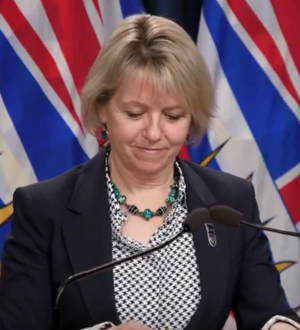
There are to be no social gatherings at residences with anyone other than those who reside there. People who live alone must host no gatherings, but can continue to see one or two of the same members of their core pandemic bubble at home.
Group physical activities
Businesses, recreation centres or other venues that organize or operate indoor group spin classes, hot yoga and high-intensity interval training will stop for the fall and winter.
Guidance on other physical activities done with a group indoors will need to follow updated guidance that is being developed.
Sports activities can continue, but there is to be no travel outside of communities for games or competitions, and no spectators are allowed. League organizers should continue planning for 2021 with today’s modifications in mind.
Workplace safety
All businesses and worksites must conduct active daily screening of all on-site workers using their COVID-19 safety plans.
Workers and customers must wear masks in indoor public and retail spaces (except when eating or drinking), and in workplace common areas, including elevators, hallways, group or break rooms, kitchens and customer counters.
Office-based employers should temporarily suspend their efforts to safely get employees back to their workplace and support work-from-home options wherever possible.
Travel
All non-essential travel outside of one’s community is strongly discouraged. People travelling to stay with immediate family members should ensure they do not host or participate in any social gatherings.



